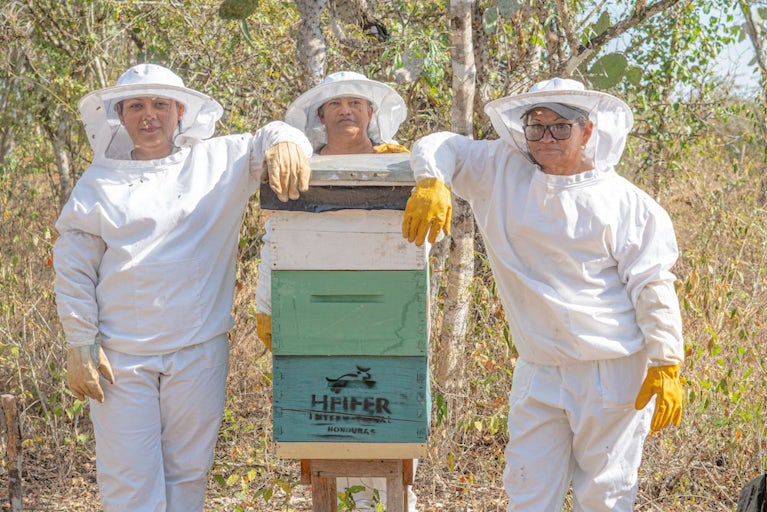
More Honey, More Money: How Bees Offer Opportunity in Honduras
By Heifer International | May 15, 2024
May 5, 2025
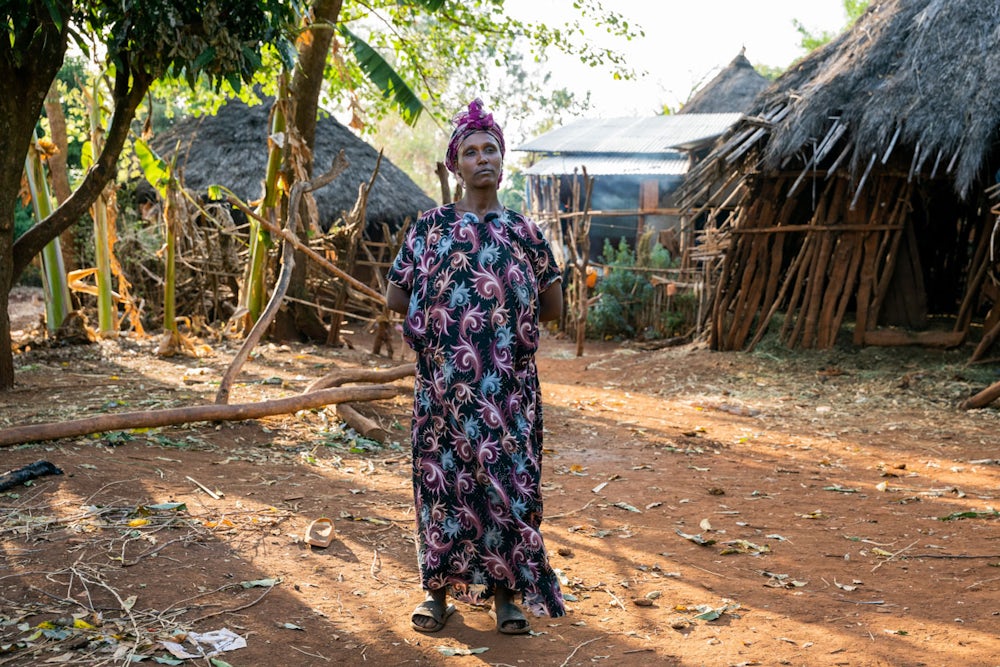
Workeye Endris, a 29-year-old mother of six from Asosa, Abrahamo Woreda, is breaking long-standing gender barriers in beekeeping.
Asosa, located in western Ethiopia near the Sudanese border, is known for its rich biodiversity and ideal conditions for beekeeping. However, traditional norms have often made this practice inaccessible to women.
For decades, beekeeping in Workeye’s community meant hanging heavy wooden hives 10 meters high in dense forests — an arduous and risky task that excluded most women. While women played supporting roles in processing and marketing honey, they were largely left out of the most profitable aspects of honey production.
That all changed when Workeye joined a Heifer-supported common interest group. This group, made up of farmers working collectively toward shared goals, is part of the Lowlands Livelihoods Resilience Project, a government-led initiative to improve income opportunities in rural Ethiopia.
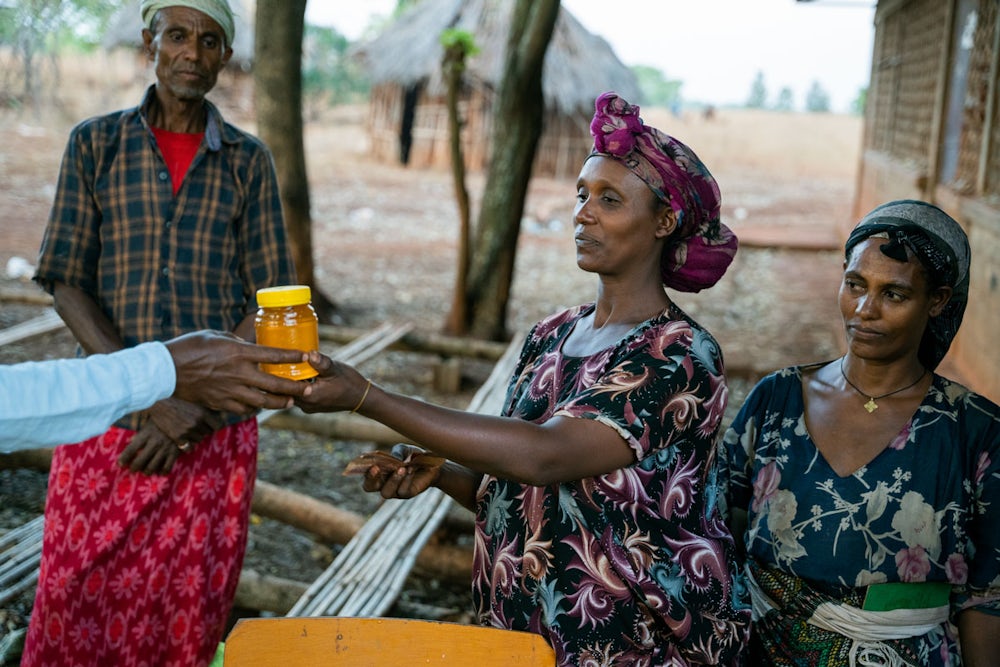
She first connected with the group through her local agriculture office. “They discussed with us and asked if we wanted to join,” she said. “From then on, we started working with the modern hives and everything changed.”
Through the initiative, she received training and access to modern beekeeping techniques. These innovations eliminated the need to climb trees, made beekeeping safer, provided women with more access to the practice and significantly increased honey yields.
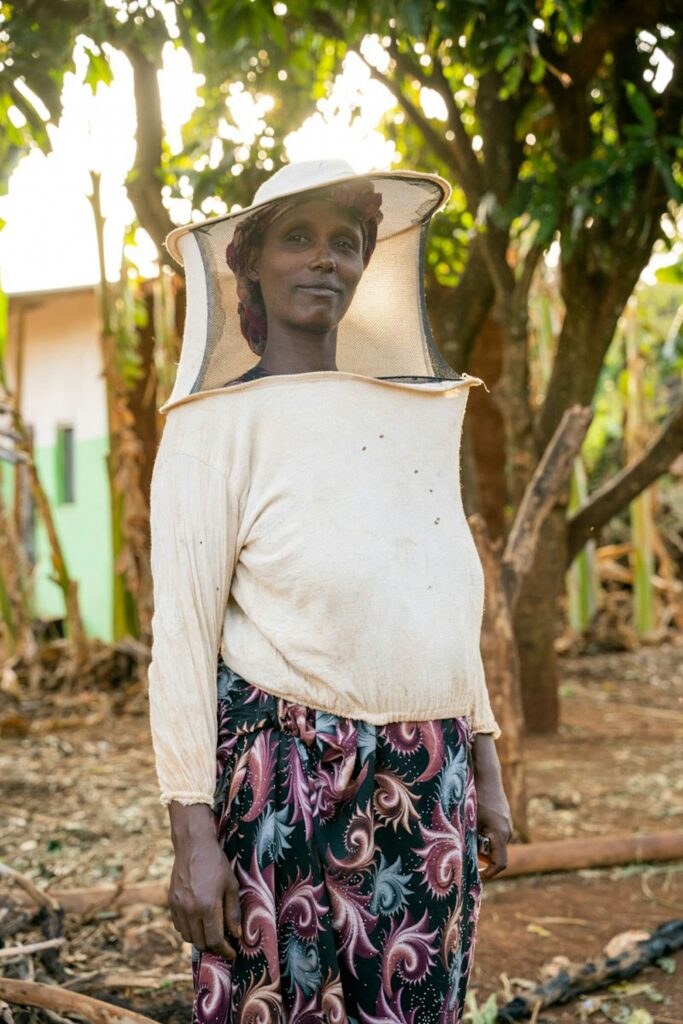
The new hives, lighter and designed for ground-level harvesting, are easier to manage and often used alongside protective gear and basic tools like smokers. Workeye and her peers also received training in hive care, honey handling and, in some cases, how to process beeswax for additional income.
“With the modern hives, I find it safe and manageable because I no longer have to climb trees,” Workeye said, reflecting on the change.
The group also received guidance on how to access markets for their honey, helping them address the longstanding challenge of connecting with buyers and growing their customer base.
“We didn’t even have the knowledge and skills to produce honey and wax in a modern way,” she recalled. But with training and support, she and her fellow beekeepers improved the quality of their production and gained access to reliable buyers.
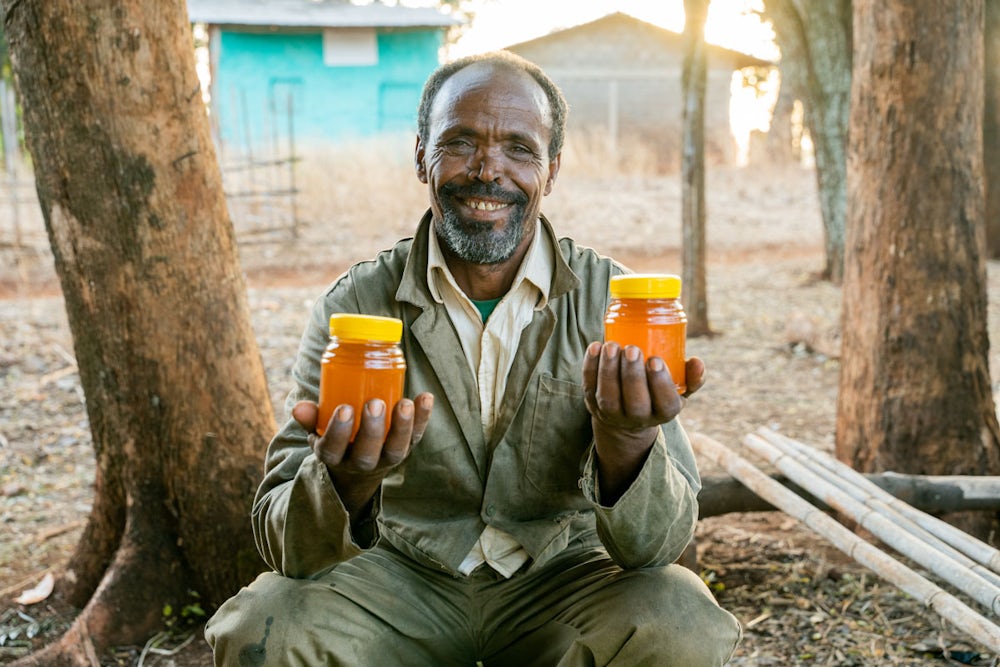
Workeye now harvests more honey than ever before, and she earns enough to cover household expenses and send her children to school.
“With the market linkage created with the Asosa government employees’ consumer association, we are now able to sell the honey at a reasonable price, which contributes significantly to my family’s income and, I’m educating my children at the nearby school,” she added.
Her success extends beyond financial security. It has given her the confidence to return to school. “I’m continuing my education, and I’m in the 11th grade, which I believe will help me become an educated farmer,” she said proudly. Juggling motherhood, business and school, Workeye exemplifies resilience and ambition.
She isn’t stopping there. Workeye dreams of expanding her business, increasing the number of hives she owns and inspiring more women to step into roles they were once told were beyond their reach.
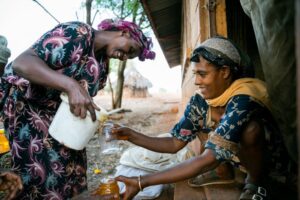
She emphasizes the importance of collaboration — the strength found in unity — noting, “Instead of producing and selling our product individually, it is better to work as a group and sell it through the market access created for us.”
By working together, these women have built a strong support network that drives shared success. They meet regularly to discuss hive maintenance, exchange market tips and split transport costs, transforming what was once a solo effort into a shared enterprise.
More than just a beekeeper, Workeye Endris is a source of inspiration — proof that with the right support, women can break barriers and build better futures for themselves, their families and their communities.
Cart is empty
Success!
Please be patient while we send you to a confirmation page.
We are unable to process your request. Please try again, or view common solutions on our help page. You can also contact our Donor Services team at 855.9HUNGER (855.948.6437).
Covering the transaction fee helps offset processing and administrative fees that we incur through taking payments online. Covering the transaction fee for each payment helps offset processing and administrative fees that we incur through taking payments online. Covering the transaction fee for each payment helps offset processing and administrative fees that we incur through taking payments online.
Success!
Please be patient while we send you to a confirmation page.
We are unable to process your request. Please try again, or view common solutions on our help page. You can also contact our Donor Services team at 855.9HUNGER (855.948.6437).
When you donate a gift to someone, you'll have the option to create a free card after your donation is complete.
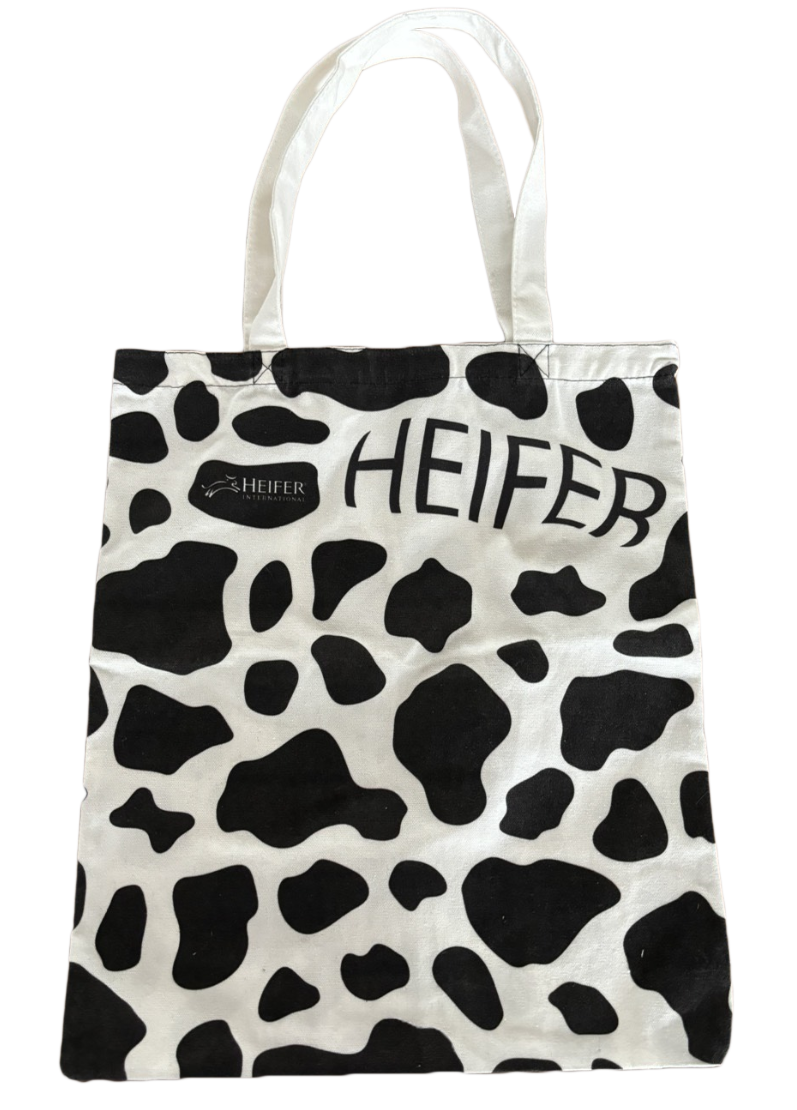
A FREE gift will be sent to supporters who choose to give a monthly gift.
Covering the transaction fee helps offset processing and administrative fees that we incur through taking payments online. Covering the transaction fee for each payment helps offset processing and administrative fees that we incur through taking payments online. Covering the transaction fee for each payment helps offset processing and administrative fees that we incur through taking payments online.

A FREE gift will be sent to supporters who choose to give a monthly gift.